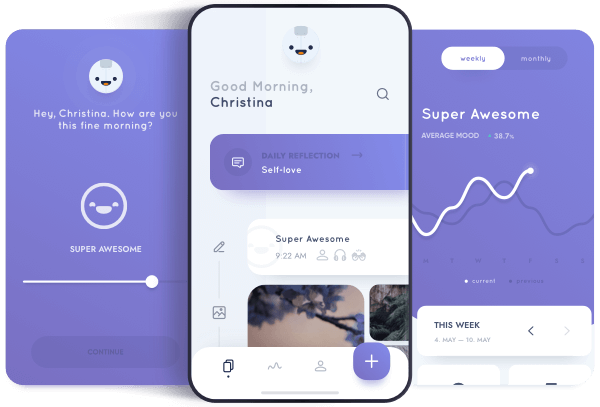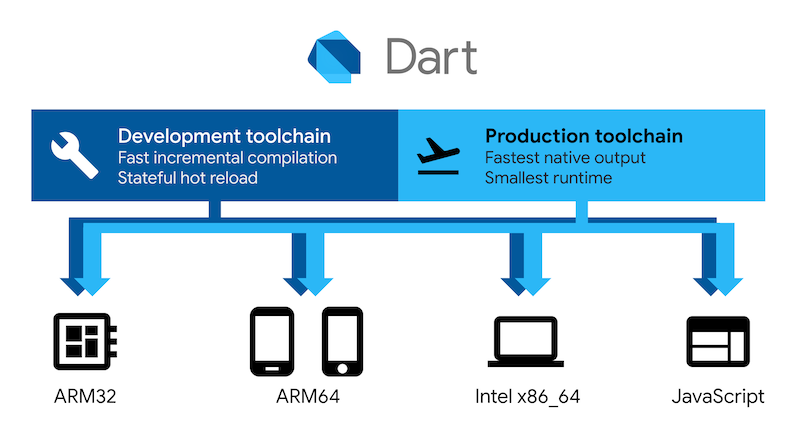**TLDR:** Move the changelog, currently called ["hotfixes to the stable channel"](https://github.com/flutter/flutter/blob/master/docs/releases/Hotfixes-to-the-Stable-Channel.md), to the root directory of Flutter/Flutter and rename it to CHANGELOG.md before the Q3 release cutoff. This PR accomplishes the following: 1. Renames 'Hotfixes-to-the-stable-channel' to CHANGELOG.md 2. Moves CHANGELOG.md to Flutter/Flutter root. 3. Update references to 'Hotfixes-to-the-stable-channel' to CHANGELOG.md. --- #### Background Flutter has historically kept documentation on wiki pages in the Flutter repository. Recently, we executed a large-scale migration of our wiki into a `docs` folder within flutter/flutter. #### Proposal I propose relocating the current changelog, which is called ["hotfixes to the stable channel"](https://github.com/flutter/flutter/blob/master/docs/releases/Hotfixes-to-the-Stable-Channel.md), to the root directory of the Flutter/Flutter repository and renaming it to CHANGELOG.md. This change aims to improve the visibility, accessibility, and consistency of our documentation processes. #### Benefits 1. **Unify Dart and Flutter Processes:** This move aligns Flutter’s changelog management with Dart's practices. As the release manager for both Dart and Flutter, this unification will streamline the processes and ensure consistency across projects. #### Timeline I would like this proposal **approved or denied before the Q3 release cutoff** so it may be available within the stable branch. --- > [!NOTE] > This proposal aims to improve our workflow and documentation standards. I am open to feedback and further discussion on how we can best implement this change.
Flutter is Google's SDK for crafting beautiful, fast user experiences for mobile, web, and desktop from a single codebase. Flutter works with existing code, is used by developers and organizations around the world, and is free and open source.
Documentation
For announcements about new releases, follow the flutter-announce@googlegroups.com mailing list. Our documentation also tracks breaking changes across releases.
Terms of service
The Flutter tool may occasionally download resources from Google servers. By downloading or using the Flutter SDK, you agree to the Google Terms of Service: https://policies.google.com/terms
For example, when installed from GitHub (as opposed to from a prepackaged
archive), the Flutter tool will download the Dart SDK from Google servers
immediately when first run, as it is used to execute the flutter tool itself.
This will also occur when Flutter is upgraded (e.g. by running the flutter upgrade command).
About Flutter
We think Flutter will help you create beautiful, fast apps, with a productive, extensible and open development model, whether you're targeting iOS or Android, web, Windows, macOS, Linux or embedding it as the UI toolkit for a platform of your choice.
Beautiful user experiences
We want to enable designers to deliver their full creative vision without being forced to water it down due to limitations of the underlying framework. Flutter's layered architecture gives you control over every pixel on the screen and its powerful compositing capabilities let you overlay and animate graphics, video, text, and controls without limitation. Flutter includes a full set of widgets that deliver pixel-perfect experiences whether you're building for iOS (Cupertino) or other platforms (Material), along with support for customizing or creating entirely new visual components.

Fast results
Flutter is fast. It's powered by hardware-accelerated 2D graphics libraries like Skia (that underpins Chrome and Android) and Impeller. We architected Flutter to support glitch-free, jank-free graphics at the native speed of your device.
Flutter code is powered by the world-class Dart platform, which enables compilation to 32-bit and 64-bit ARM machine code for iOS and Android, JavaScript and WebAssembly for the web, as well as Intel x64 and ARM for desktop devices.

Productive development
Flutter offers stateful hot reload, allowing you to make changes to your code and see the results instantly without restarting your app or losing its state.
Extensible and open model
Flutter works with any development tool (or none at all), and also includes editor plug-ins for both Visual Studio Code and IntelliJ / Android Studio. Flutter provides tens of thousands of packages to speed your development, regardless of your target platform. And accessing other native code is easy, with support for both FFI (on Android, on iOS, on macOS, and on Windows) as well as platform-specific APIs.
Flutter is a fully open-source project, and we welcome contributions. Information on how to get started can be found in our contributor guide.




